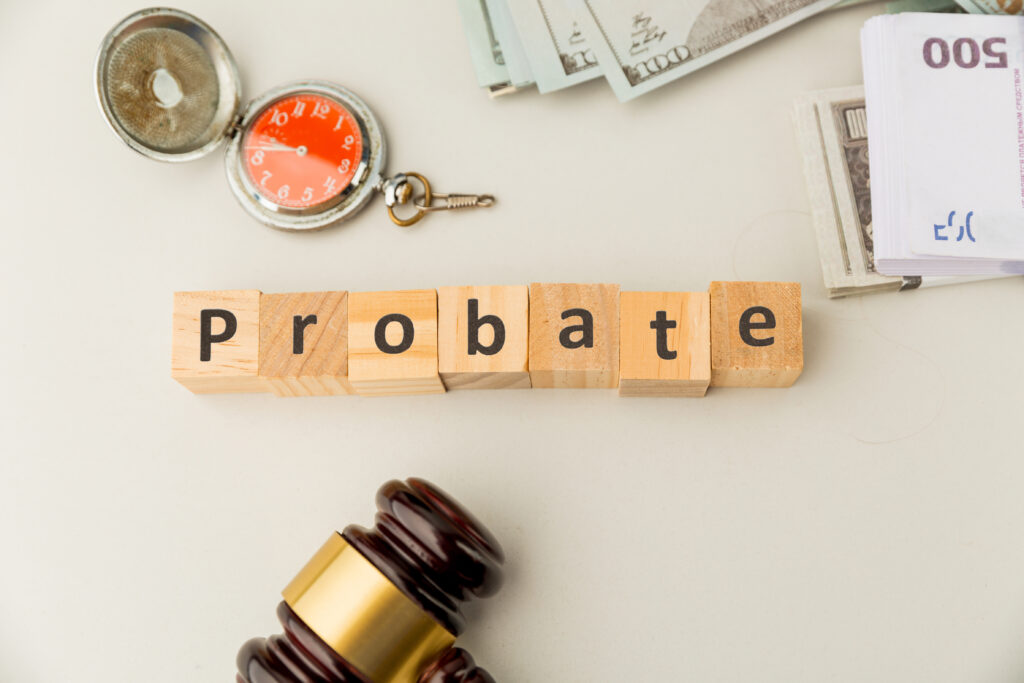
The first time I heard the word “probate” was after I had finished law school and passed the bar exam. If you are lucky, the probate process is a foreign concept to you. But most people come across it at some point in their lifetime, and we are here to demystify what exactly probate is.
How Probate Works
Probate is a court proceeding, but it’s not like the ones you see in the movies with a Plaintiff and a Defendant yelling “Objection!” or whipping their arm up to display evidence while the jury gasps.
There are no plaintiffs, no defendants, and no jury. Probate is an administrative proceeding in which lawyers prepare documents called “pleadings” or “probate forms” and submit them to a judge. There is a single court date in which the judge reviews the pleadings and signs a court order appointing a representative to administer the Decedent’s assets. This process is called “opening the estate.”
While you don’t have to go into court (that’s what we do for you), you are responsible for all of the estate administration. So what does it mean to administer an estate? An estate is made up of assets, and an “asset” is literally anything the Decedent owned when they died. Assets include everything from boxes of photographs to bank accounts, savings bonds, vehicles, real estate and more.
About Estate & Probate Administration
The process of administration is as follows:
- First, the court-appointed representative must create an inventory of assets and note the value on the date of death.
- Second, the representative must create a list of all claims against the estate. Anyone the Decedent owes money to (credit card companies, school loans, anyone who paid for final expenses) is a liability of the estate called a “Claim.” Most creditors have 6 months to notify the administrator that they are owed money, but any claimant that is known to the administrator (e.g. the IRS, final nursing home bill) must be affirmatively notified, and is automatically a beneficiary of the estate.
- Third, the representative must marshal all the property listed in the inventory. This may mean evicting tenants, changing locks, getting a storage unit, or liquidating property and consolidating the proceeds into an estate bank account. This is generally done in the first 6-10 months of the probate estate being opened.
- Fourth, the representative must prepare an accounting of the estate. The accounting will list the inventory, the receipts, the claims, and any disbursements.
- Finally, the representative may distribute the remaining property to the estate heirs (or legatees if there is a will), in accordance with Illinois law.
When administration is complete, your attorney will return to court to close the estate.
Your probate attorney is there to help you every step of the way, giving you detailed instructions on how to carry all of these tasks out.
If you would like more information about what is involved in the probate process, contact us here or call us for a free 15-minute consultation.
